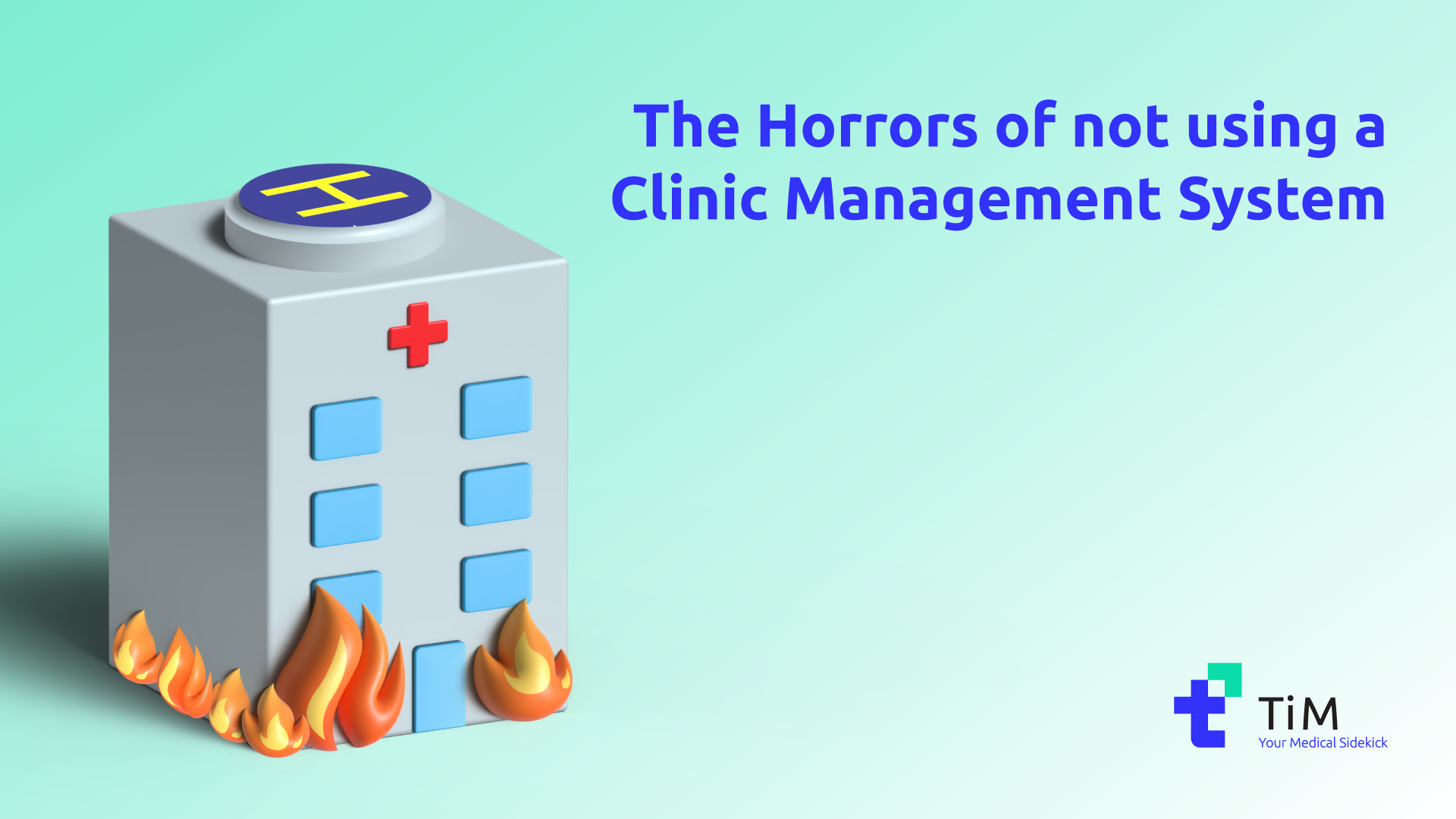
The Horrors of not using a Clinic Management System
Imagine a busy clinic, where patients come in daily for checkups, treatments, and follow-ups. The doctors are experienced, the staff is dedicated, and the clinic is growing steadily. However, beneath the surface, small cracks begin to form—cracks that come from relying on outdated, manual processes.
Many clinics, especially small and medium-sized ones, operate without a proper management system. It may seem manageable at first, but as the clinic grows, these cracks start to widen. Let me walk you through a day in the life of a clinic without a management system—and show you how these seemingly minor issues can snowball into larger problems.
Scenario: Lost Records, Lost Time “Where’s Mrs. Salim’s file?”
The doctor is ready for a routine checkup, but the patient’s file has been misplaced. No one remembers her allergies, her medication history, or her previous diagnosis. After wasting 15 minutes searching, the doctor proceeds without critical information. What happens next? The wrong medication is prescribed, and the patient ends up in the ER.
This is not an isolated incident. Without a centralized system, patient records can easily get lost or misfiled, leading to dangerous consequences.

Scenario: Double-Booking Drama “I’m sorry, but we seem to have double-booked your appointment.”
Two patients show up for the same time slot. One has been waiting for weeks to see the doctor, but now they’ll both have to wait longer. Frustration builds. This is the reality when scheduling is managed with manual calendars or spreadsheets. Double-booking not only creates chaos but leaves patients with a bad impression of the clinic.

The Ripple Effects of Missed Appointments
Now imagine a patient who’s had surgery and needs a follow-up. With no automated reminders, they forget to book their next appointment. Weeks later, they show up with an infection that could have been prevented. Missed appointments aren’t just lost revenue—they can be the difference between a successful recovery and a medical emergency.
Money Lost, Reputation Damaged
Billing is another area where manual processes can wreak havoc. One small error in a patient’s bill or a delayed insurance claim can lead to significant revenue loss. What’s worse, frustrated patients might leave poor reviews if they feel they’ve been overcharged or billed incorrectly. The clinic’s financial health and reputation are now at stake.
Compliance Nightmares and Data Breaches
In today’s world, data privacy is paramount. Yet, many clinics store patient files in unlocked cabinets, vulnerable to unauthorized access. A single breach could lead to serious legal repercussions and damage to the clinic’s trustworthiness. With no digital system to manage and secure sensitive information, clinics are at constant risk of compliance violations.
The Breaking Point: Scaling Without a System
The clinic is growing, more patients are coming in, and the staff is overworked. But the cracks in the system are growing too. Appointments are harder to manage, inventory runs out unexpectedly, and patient care is slipping. Without a management system in place, growth becomes a burden rather than a success.

Why a Clinic Management System is a Must
These scenarios might sound extreme, but they’re happening in clinics around Kuwait and the world every day. The good news? There’s a solution. Implementing a clinic management system doesn’t just prevent these issues—it improves efficiency, enhances patient care, and allows clinics to grow without losing control.
For any clinic, small or large, the transition from manual processes to a modern management system is no longer optional—it’s essential. The longer you wait, the bigger the cracks become, and the harder they are to fix.
If you’re managing a clinic and still relying on paper files, spreadsheets, or even Excel to handle critical operations, ask yourself—can you afford the risks of these manual processes? It’s time to transition to a clinic management system that not only streamlines your work but protects your patients, your reputation, and your clinic’s future.

